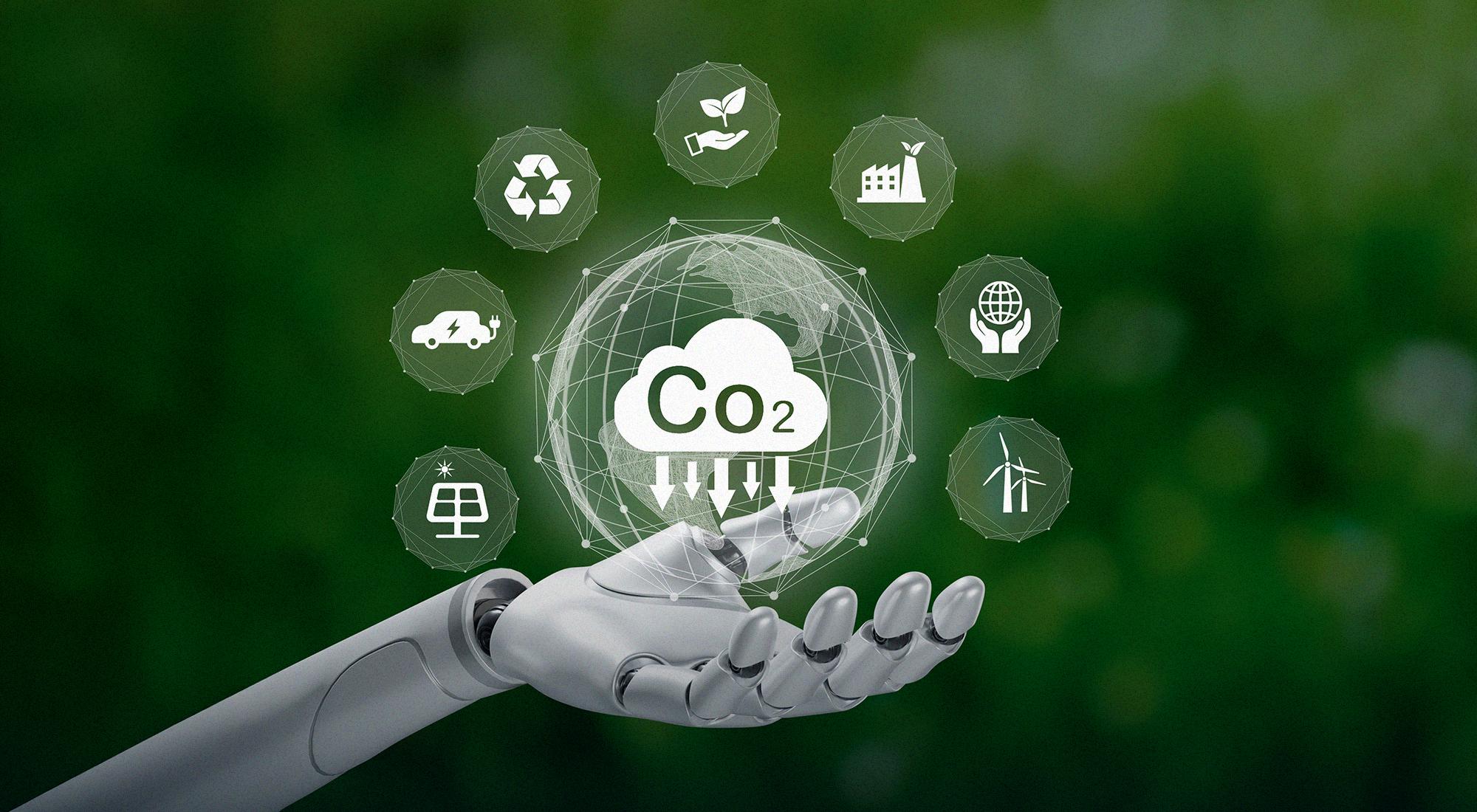According to a recent report by the International Telecommunication Union (ITU) and the World Benchmarking Alliance (WBA), tech sector carbon emissions continued their rise in recent years, fueled by rapid advances in artificial intelligence (AI) and data infrastructure.
The report titled Greening Digital Companies 2025, tracked the greenhouse gas (GHG) emissions, energy use, and climate commitments of 200 leading digital companies as of 2023. It found that electricity consumption by data centers — which power AI development and deployment, among other uses — increased by 12 per cent each year from 2017 to 2023, four times faster than global electricity growth.
“Advances in digital innovation — especially AI — are driving up energy consumption and global emissions,” said ITU Secretary-General Doreen Bogdan-Martin. “While more must be done to shrink the tech sector’s footprint, the latest Greening Digital Companies report shows that industry understands the challenge — and that continued progress depends on sustaining momentum together.”
In a press release, ITU revealed that four leading AI-focused companies alone saw their operational emissions increase in the reporting period by 150 percent on average since 2020. “This rise in energy that is either produced or purchased – known as Scope 1 and Scope 2 emissions – underscores the urgent need to manage AI’s environmental impact,” it said, adding, “In total, the amount of greenhouse gas emissions reported by the 166 digital companies covered by the report contributed 0.8 per cent of all global energy-related emissions in 2023.”
The 164 digital companies that reported electricity consumption accounted for 2.1 per cent of global electricity use, at 581 terawatt-hours (TWh), with 10 companies responsible for half of this total.
“Digital companies have the tools and influence to lead the global climate transition, but progress must be measured not only by ambition, but by credible action,” said Lourdes O. Montenegro, Director of Research and Digitisation at WBA. “This report provides a clear signal to the international community: more companies are stepping up, but emissions and electricity use continues to rise.”
But on a more upbeat note, the report also found that almost half of the companies assessed had committed to achieving net-zero emissions, with 41 firms targeting 2050 and 51 aiming for earlier deadlines.



